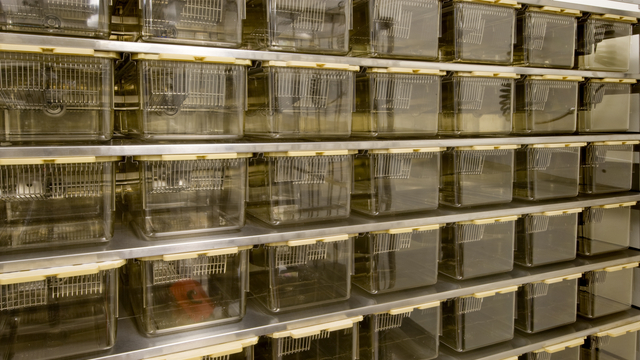 ISTOCK, ALACTR
ISTOCK, ALACTR
According to a study published today (February 22) in PLOS Biology, the current design of some preclinical studies may be undermining their reproducibility. Including just a few additional laboratories in each preclinical trial could improve the replicability of study results, the authors find.
A clinical trial would never be designed that only drew one cohort of participants from a single tiny village, but preclinical trials are typically designed in precisely that manner, study coauthor Hanno Würbel, a zoologist at the University of Bern, tells The Scientist. “If you want generally valid conclusions that apply to a whole range of conditions or individuals in a population, then you need to address this heterogeneity,” he says. “That leads to larger variation within your study cohort, but that ...



















